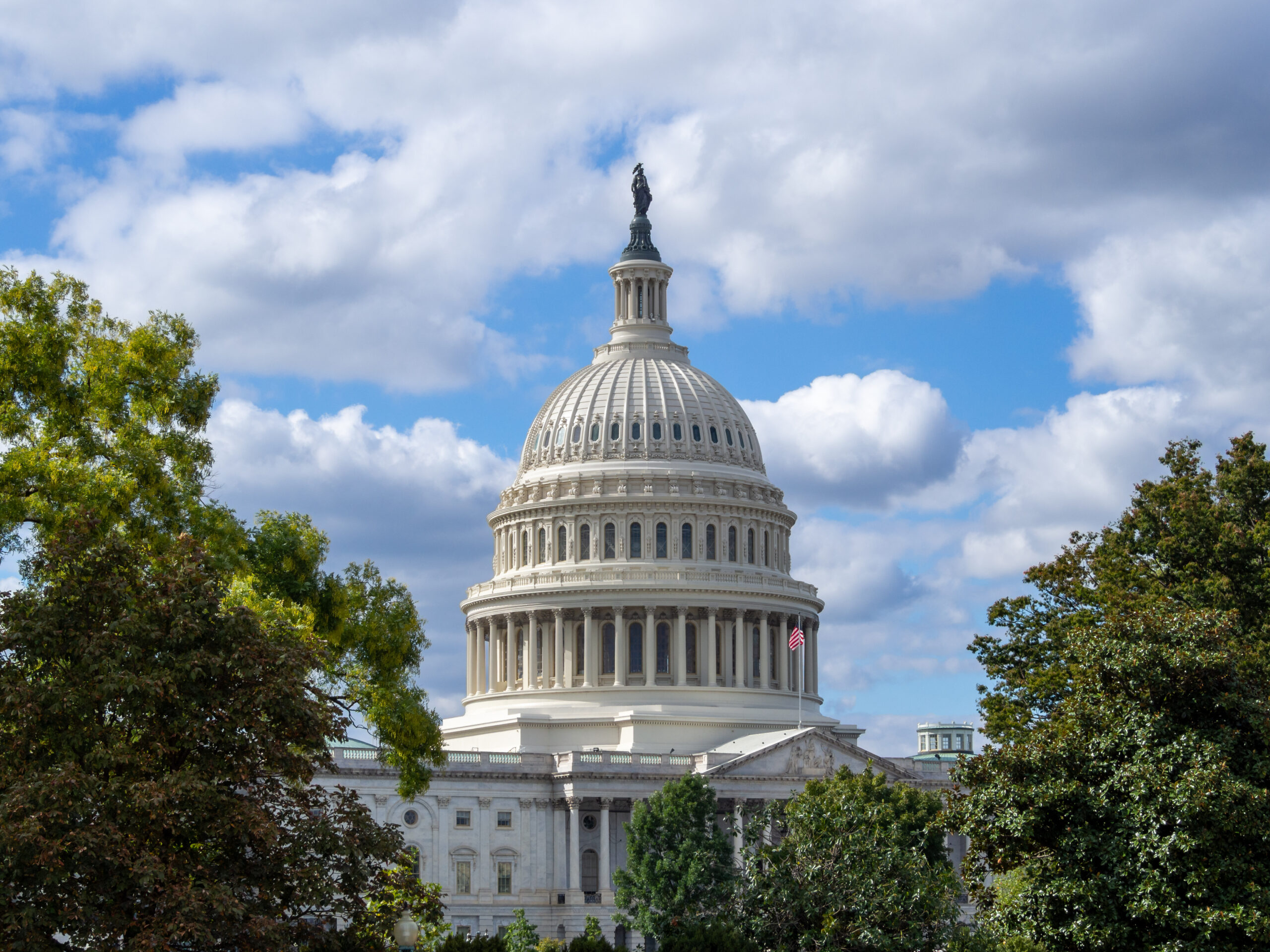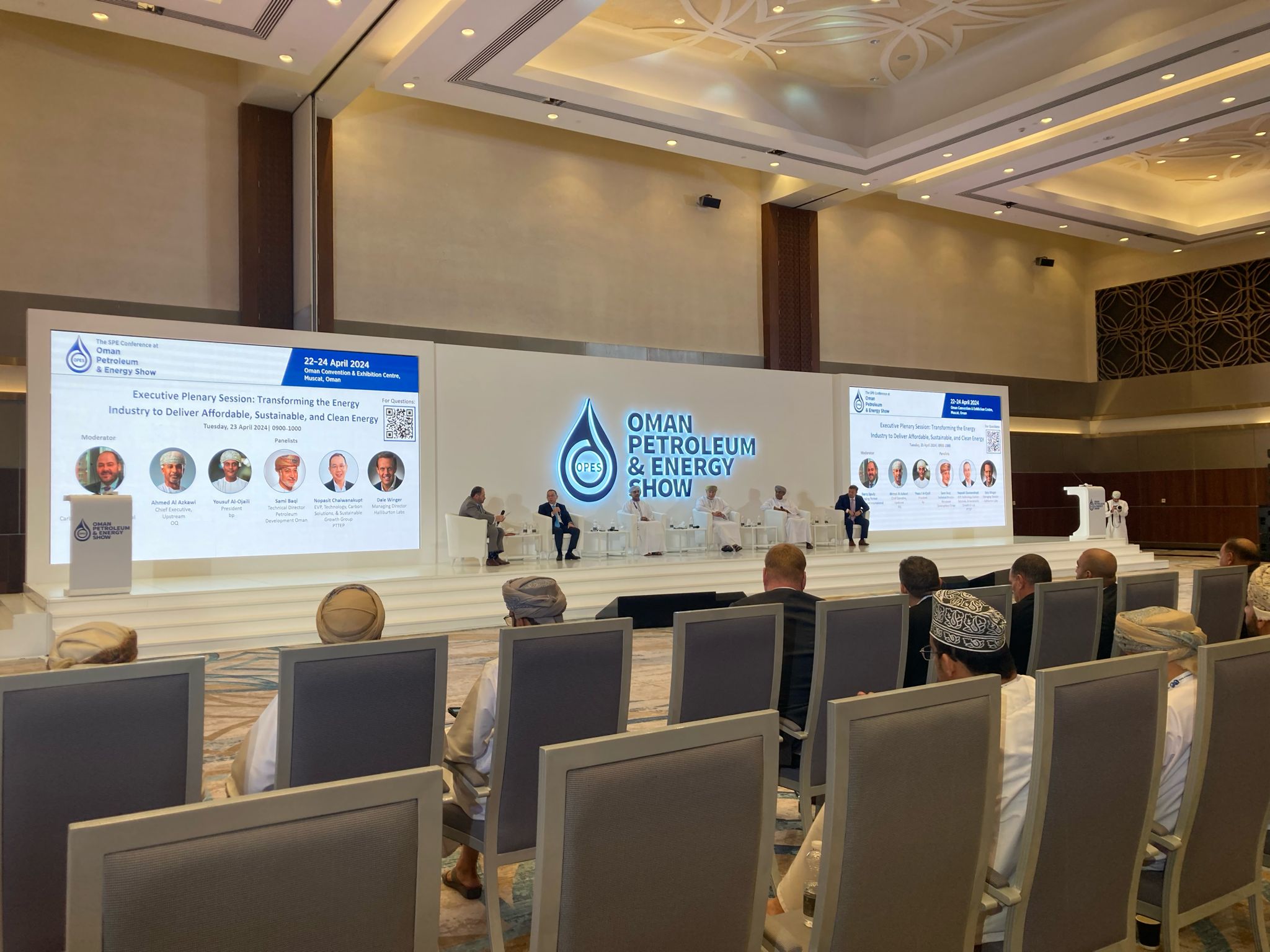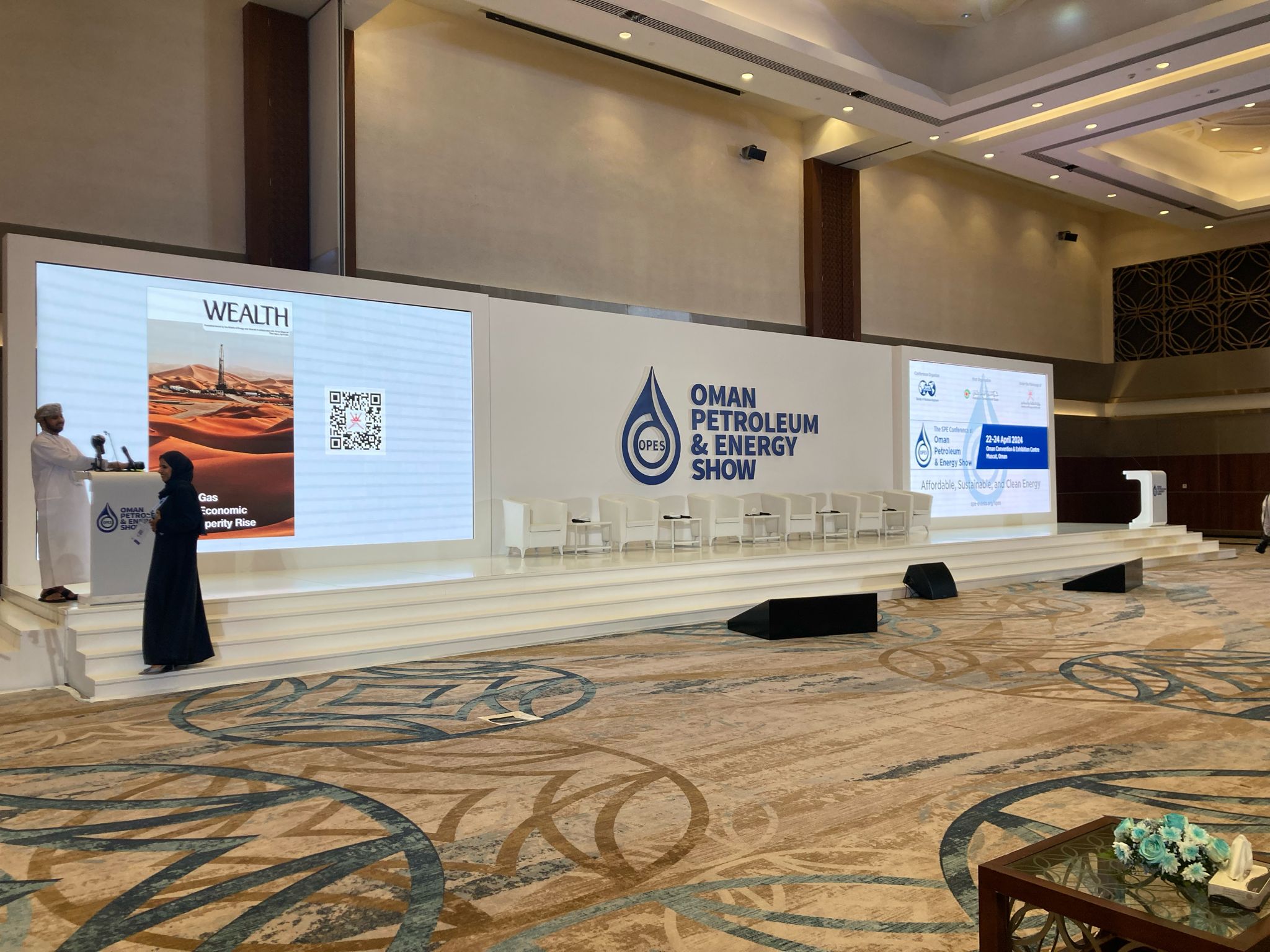Historic climate law will cut US emissions
Huge investments in renewable energy will accelerate transition, but climate justice advocates voice concerns about being left behind.

The historic climate legislation signed into law by President Biden will funnel roughly $370 billion into renewable energy, electric vehicles, and other clean technologies. The bill, called the Inflation Reduction Act, is expected to slash U.S. greenhouse gas emissions by 40 percent below 2005 levels by 2030.
“This bill is the biggest step forward on climate ever — ever — and is going to allow us to boldly take additional steps toward meeting my climate goals,” Biden said on August 16 when he signed the bill into law. “The American people won, and the special interests lost.”
Longstanding advocates for aggressive climate policy agreed that the law is momentous.
“By signing the Inflation Reduction Act into law, President Biden has achieved something that no American president before him ever has: historic climate action that will dramatically reduce carbon pollution and put America within striking distance of achieving our science-based climate targets,” Jamal Raad, executive director of climate advocacy group Evergreen Action, said in a statement.
The legislation will accelerate the energy transition in a variety of ways. It extends tax credits for renewable energy for ten years, an investment that is expected to exceed $200 billion, ending a longstanding practice of short-term credits that expire and need to be renewed by Congress on an almost annual basis.
The law has a ton of other investments and incentives in clean energy. It invests $9 billion in home energy rebate programmes to allow people to retrofit their homes for energy efficiency, home appliances. Consumers can take advantage of new tax credits for heat pumps, rooftop solar, and efficient water heaters.
A $7,500 tax credit for electric vehicles is cemented for a decade, lifting the previous sales cap for automakers. Used EVs also now enjoy a $4,000 tax credit. The caveat is that automakers will need to build their cars in North America and source their batteries and critical minerals domestically, which will make the incentives hard to access for a few years for most car models.
The law also slaps a fee on methane released by oil and gas drillers. It will provide enormous investment in companies who set up domestic manufacturing for wind turbines, solar panels, and other clean technologies. The law will also inject more money into “climate smart” forestry and agricultural programmes. Taken together, it is projected to slash U.S. greenhouse gas emissions by 40 percent below a 2005 baseline by the end of the decade, putting the country close to the Biden administration’s goal of a 50 percent reduction.
Deputy National Climate Advisor to the President, Ali Zaidi, said “it’s a message loud and clear to the world: we are back. We are back in terms of leading on climate.”
Climate justice concerns
But not everyone in the climate community is entirely pleased with the bill. The legislation made some painful tradeoffs to get West Virginia Senator Joe Manchin’s support, including requirements by the federal government to offer lands to the fossil fuel industry, and it links any buildout of renewable energy on public lands to mandated annual auctions of acreage for fossil fuels.
In addition, the Inflation Reduction Act would offer generous tax incentives for carbon capture and hydrogen technologies, which many fear will be giveaways to large oil companies to continue business as usual.
“Wind and solar was tied to an expansion of oil and gas leases. But also, some of the solutions that are in there also have impact to communities of colour,” Ozawa Bineshi Albert, the co-executive director of the Climate Justice Alliance, a national network of environmental justice organizations, told Gas Outlook. “[Carbon capture and storage] has pipelines that transports CO2 through communities. Nuclear, while proposed as a clean energy, is not clean in its production and impact to communities – tribal communities specifically. It’s toxic from its mining, to its processing, to its waste storage.”
The overarching logic of the legislation is to add renewable energy to reduce emissions over time, but it does very little to restrain the toxic pollution from the existing fossil fuel system. “This legislation does very little for that. In some ways, it’s expanding that production,” Albert said. The Climate Justice Alliance noted some of the benefits of the landmark climate bill, but ultimately opposed it because the legislation largely left environmental justice concerns by the wayside.
Albert wanted to see a bigger focus on holding corporate polluters accountable, and a lot more investment in community-based solutions that address local problems.
“This bill is the tip of the iceberg of what needs to be done around the climate crisis. We still want the Biden administration to declare a climate emergency,” Albert said, referring to speculation that Biden declare a “climate emergency,” which would unlock more executive authorities to accelerate a clean energy transition.
Then there is the “side deal” that the Democratic leadership made with Senator Manchin, promising to “streamline” environmental laws in order to fast-track permitting for energy infrastructure, which would make it much easier to build oil and gas pipelines. Climate advocates of all stripes are lining up against this effort.
Raad of Evergreen Action said his group would stand with climate justice leaders “in the fight against Senator Manchin’s sidecar fossil fuel giveaway scheme that would lock in unacceptable new fossil fuel infrastructure, cut communities out of the environmental review process, and chip away at some of America’s most essential environmental laws.”
Albert said that all the benefits of the Inflation Reduction Act could be cut “in half” if the side deal goes through.
“At some point, we have to have the solutions come from those who are experiencing the harms, as opposed to solutions being developed by those who created the harms,” Albert said. “We can’t keep pretending like what’s happening at the local level. There’s a cost there. We can’t be willing as a country to accept sacrifice zones. Those are communities with real people.”



